Mariana Carazo, a play-based learning advocate, joins Alice Sharp to explore what play-based learning is and why she believes it is so crucial to develop children’s key skills in the Early Years.
Mariana defines play as a universal language. She explains that play evolves over time and never ends. It is an approach that should be interpreted differently with each child, learning environment and supporting resource to develop new skills and enhance children’s learning outcomes in the early years.
Mariana defines play as a universal language. She explains that play evolves over time and never ends. It is an approach that should be interpreted differently with each child, learning environment and supporting resource to develop new skills and enhance children’s learning outcomes in the early years.
Play is learning
Alice probes the question as to whether play-based learning should have a structure to it, or whether the play itself is enough to inspire and ignite new learning opportunities.
Mariana shares her perspective on what the different types of play are, how these can be interpreted and the benefit to children’s learning.
- Open-ended play (sometimes referred to as free play) – a child-led approach which should be inspired by the child’s genuine interests
- Playful learning experiences – where educators observe play schemes and child development to understand what the child’s preferences and capabilities are. Through this, educators can provoke and design learning experiences which will allow children to develop new skills that they might not otherwise engage in.
Watch on YouTube
(The views expressed throughout this podcast are the speakers’ own, and TTS does not take responsibility for the views and guidance highlighted as part of this recording).
(Please note: When referencing the speaker’s views, theory and work for the development of your own materials, please ensure the academic reference of the speaker is cited).



